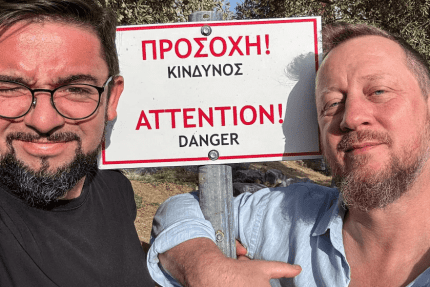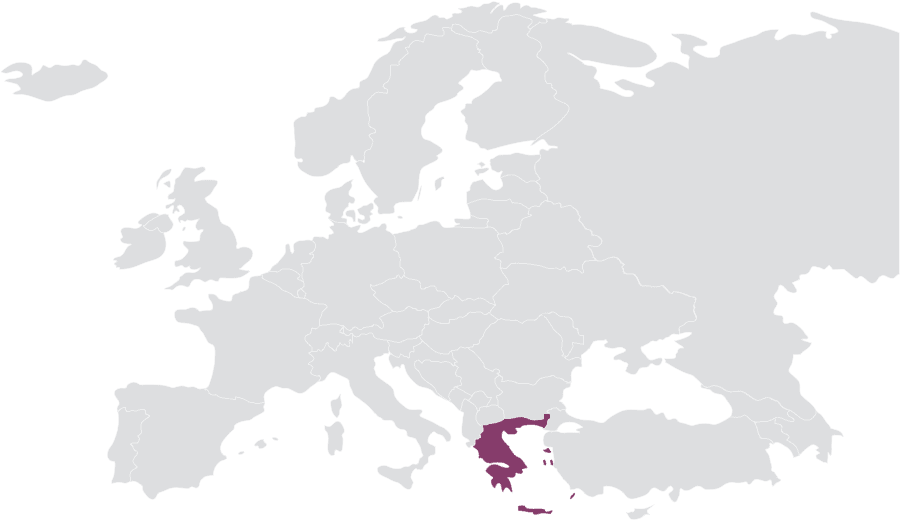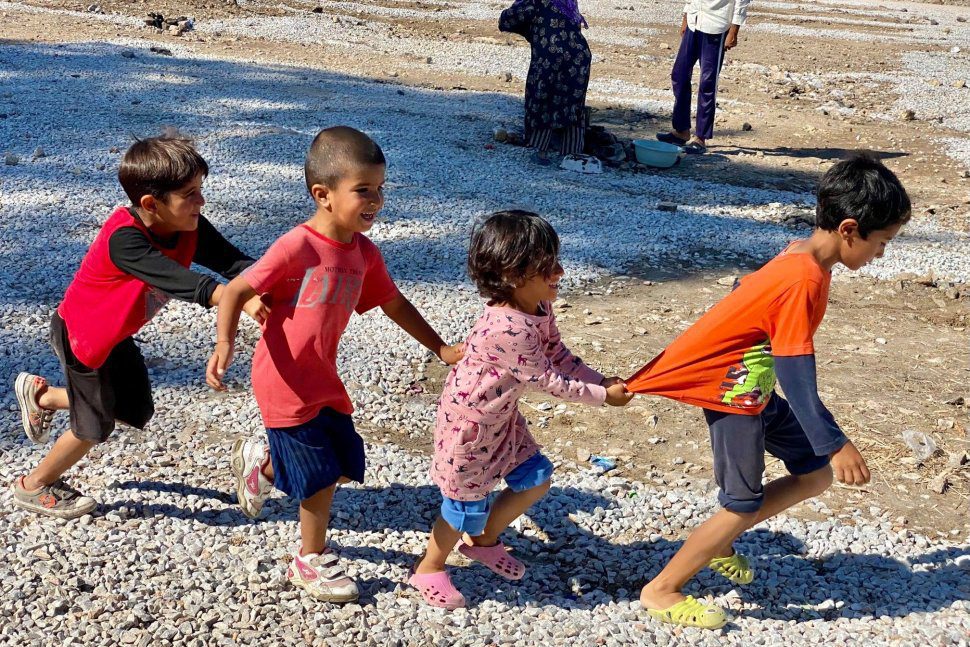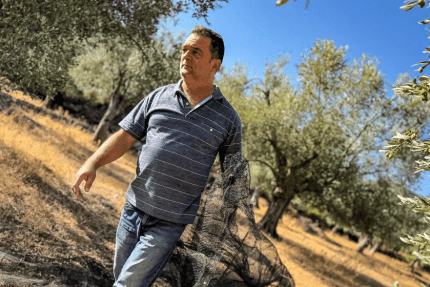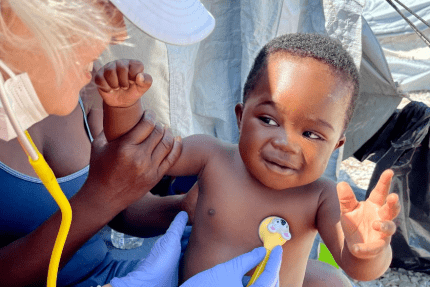“I came here looking for a place where there is no war, yet everyone treats me as if I were the one who caused it”, says Mona. The mother of four starts crying at the thought of her homeland, Syria. We wanted to hear her story, but the bleeding wounds are yet to heal. “The memories of the explosions are still making my mind burst,” she says, with tears in her eyes. She is not coping and just cannot take it anymore. She tries to erase everything from her memory. She has been in Moria 2.0 on the Greek island of Lesbos for several months. She cannot sleep; the piercing pain in her back tears her from her sleep like the worst of nightmares. This is a daily occurence. She wishes the pain was gone but it is in fear that she seeks advice and medication because once the pain is gone, it will be haunting memories waking her at night.
This time we are on the island not only to feed the hungry, but also to heal, relieve pain and to respond to the most basic human need, which is access to medical care. We are accompanied by Ola, a paediatrician, with whom we visit more tents. In one of them we meet Mimi. She is a freshly-baked mother. Her child, Benny, was born three weeks ago. As a result of a poorly received delivery, the baby suffered a paralysed brachial plexus. However, he was discharged from hospital only a few days later and ended up in a tent at the camp with his mother. Mimi does not know what to do next.
At first she is distrustful. But when it turns out that she has come here from the Congolese town of Beni, not far north of Ntamugenga in the Democratic Republic of Congo, where the Good Factory has been funding the hospital for years, there is a glint in her eyes. You have been there, so you know from where I came and from what I had to run.
For decades, people in the Democratic Republic of Congo have had to flee the violence. Abandoning their villages, they seek refuge in their relatives’ overcrowded homes, makeshift camps and, if they manage, abroad. Ongoing violence and ethnic conflict prevent people from accessing their fields. The eviction of farmers, the burning of crops and food supplies, and the destruction of infrastructure by armed militias bring Mimi a brand new pram and Ola is already examining the problem with Benny’s arm. We will provide Mona with anti-inflammatory medication and painkillers. We changed our plane tickets and we will stay with these people longer. We are doing this thanks to you and have brought eastern Congo, an area with great agricultural potential, to the brink of humanitarian disaster resulting in widespread malnutrition. Nearly 22 million people in the country face serious food shortages. Some 3.6 million children under the age of five are acutely malnourished.
Mimi explains the biggest problems with which she is completely unable to cope. She allows Ola to examine the toddler and asks for a pram because she doesn’t even have a place to lay her baby.
Today we have returned to the camp to visit more families. We very much feel your support here, but it is most strongly felt by the families we are visiting! Join us! Visit GoodWorks 24/7 and offer support to refugees in the form of access to medical assistance.
